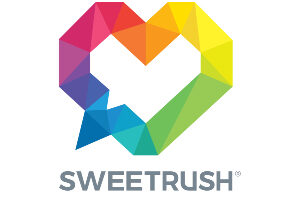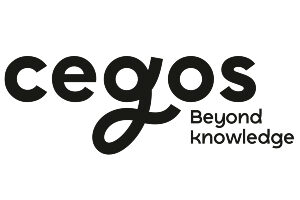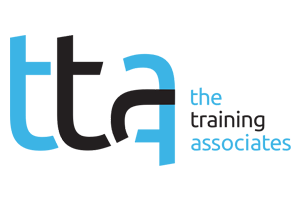The world has been brought to its knees, and yet again we are reminded that “humans learn by pleasure or by pain,” as Master Shifu said in “Kung Fu Panda.”
As a result, what was comfort is now discomfort. Uncertainty is the new certain. The evolution of this situation (not to mention of technology) is like watching a time-lapsed video of a loaf of bread, mushrooming up in the oven and going toward magnificence in a short space of time. Without the right ingredients and the right temperature, success would be impossible.
Similarly, the “temperature” must be just right for us to have a gentle and natural evolution in transformational thinking. If too hot, it burns; if too cool, it loses its impact.
What Does Transformational Thinking Mean for Learning Leaders?
As learning leaders, we must:
-
- Adapt to trends and resize traditional training into tasty microlearning.
- Keep employees engaged within that microlearning.
- Empower business models to value employees and customers equally.
- Motivate and include employees in the journey, so that they evolve products and services to meet the market’s steadily increasing demand.
None of us knows where the next Elon Musk or Richard Branson will come from or how he or she will transform the world and support economic growth. As humans, we are meant to connect and evolve, and it’s impossible to predict all of the possibilities that result from doing so. Organizations are increasingly providing and facilitating solutions that build employee innovation. These solutions are signs that the training industry is evolving toward servant leadership.
For far too long, we have let a sleeping giant sleep — the giant of transformational thinking that lives within each employee. Fortunately, one result of crisis is renewed levels of appreciation, gratitude and open-mindedness. A crisis that humbles the human race reminds us of what is most important — not only humans but the fact that we are connected, embodied elements of life on a living earth.
Everyday Transformational Thinking
Change is a natural part of life, yet we fear it. We use the strategies that we know work, but we lose sight of the value of change in evolution. We cannot oppose reality. Spending too much time talking and not enough time doing will slow us down and slow down economic evolution, too.
To create economic transformation, learning leaders can encourage regular microlearning in weekly or daily spurts of dream- and solution-sharing. Our people are the ones with the answers, and not all answers are the whole answer. It sometimes takes a few team answers to come up with the entire solution toa problem.
Collaboration is the future of work. In that future, trust and self-confidence flourish, and empowering voices is a normal leadership activity. In that future, we appreciate each other and our unique gifts, and we shine a light on the beauty and innovation within each person.
Loyalty and empowerment must become corporate values — not just words but values with living, breathing evidence that show in all we do. We must teach solutions rooted in flexibility, agile thinking and opportunity. Our organizations must encourage teams to have fun with challenges and honor each unique voice. Here, the future lies.
Sustainable, mutually beneficial relationships are based on authenticity that builds confidence and trust with the people we engage with. But empowered transformation is an inside job: It starts with you, with what I call Your Hidden Genius™.
Imagine being surrounded by supportive voices every day. With microlearning, you can empower employees to share these voices by encouraging transformative thinking — with temperature-controlled disruptive technology, in less than five minutes each day. You’ll be rewarded when you can determine that each employee has played a part in the evolution of his or her co-workers and clients.









